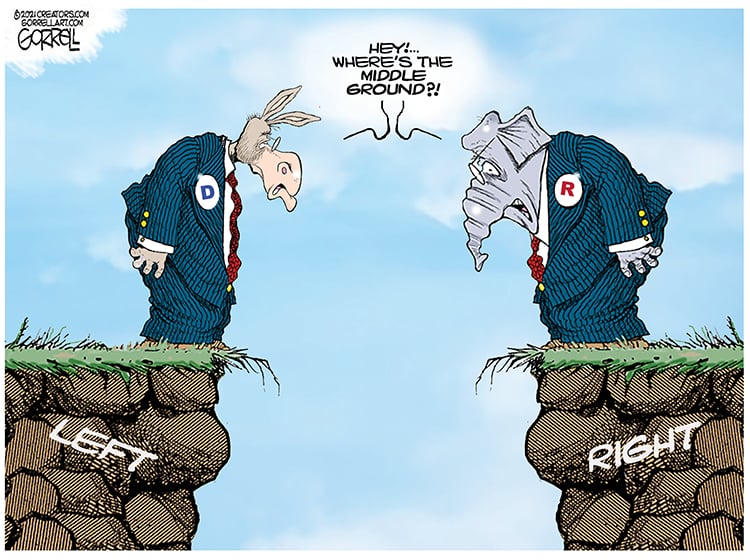The fiscal cliff is a problem that both Republicans and Democrats must solve. Otherwise, the results could be catastrophic for our economy.

The looming fiscal cliff has brought about a huge challenge that the Obama administration is currently facing. Republicans and Democrats must come together and make a compromise to resolve this crisis. If they are unable to, the results could be catastrophic for our economy. At the end of this year, several cuts like the Bush tax cuts and the payroll tax cut are automatically going to expire. They will explore along with the long-term unemployment benefits extension. After all that has taken place, it is projected that the average American household will be paying an additional $2,000 to $3,000 in taxes each year.
One option is for Congress to pass legislation that would delay the expiration of all the tax cuts. And continue with the current deficits. With deficits being so historically high, that does not appear to be a viable option for preserving our country’s economic strength. The CBO’s “Choices for Debt Reduction” report stated that the amount of federal debt held by the public exceeds 70% of the GDP. If lawmakers maintained current policies the debt would increase to 90 percent of GDP 10 years from now. And continue to rise.
Republicans and Democrats Approach The Fiscal Cliff Differently
According to Rick Ungar’s article, “The Fiscal Cliff Explained,” Democrats tend to have more of a Keynesian philosophy on the economy and are willing to compromise with cuts but not for entitlement programs, which help support a lot of their voting base. They are willing to cut other governmental programs such as defense, which makes up a huge portion of our deficit. President Obama called on Congress to continue the Bush tax cuts for all except the wealthy. Under their plan, only those making above $250,000 a year will pay the same taxes. Equal to what they were in the 90’s. This will help raise more revenue for the government.
The Republicans typically believe in a more laissez-faire type economy. They mainly want to reduce the deficit by reducing government spending and lowering taxes. They believe that if the wealthy and businesses are taxed less they would be more inclined to hire more people. The majority of republican supporters are middle to upper-class income people. So the planned cuts they are proposing are for entitlement programs that help low-income families. Thus their constituents will feel little impact on such a plan.
The Solution Will Require Reaching Across The Isle
The only real option that could provide a positive outcome is for Democrats and Republicans to come together and pass legislation that would take the necessary steps to start dramatically reducing our deficit. The challenge with that is each politician in both parties wants to keep their constituents happy. They attempt this by passing a policy that will help reduce the deficit with minimal financial impact on their supporters. There is much agreement about that what needs to be done like protecting the middle class and overhauling Medicare and Medicaid. On how to go about making that happen is where Democrats and Republicans are sharply divided.
Ultimately though, both parties have to come together and make some tough decisions. Decisions that will impact their constituents positively and negatively. They must decide which is more important, making decisions that only appeal to their select supporters. Or to make a compromise that would benefit the entire country greatly in the long run. With so many potential losers and winners and huge impacts on important government institutions, the fiscal cliff cannot be resolved by just one party. Both parties must make great compromises.